Video games may soon scan the faces of parents for age verification

Facial recognition is already used widely in today's world, but it is also widely accepted that the accuracy of the technology is lacking.
A proposal published by the US Federal Trade Commission and first reported by Eurogamer suggests that facial recognition could be used to obtain consent from parents when minors under the age of 13 are about to play games on a supported platform.
The core idea behind the proposal, which comes from the Entertainment Software Rating Board (ERSB) handling age regulations of games in the United States and Canada, is to make sure that parental consent has been obtained properly under the Children's Online Privacy Protection Act Rule (COPPA).
A system has been developed by the companies SuperAwesome, which is part of Epic Games and is specialized in online child safety technology, and Yoti, a digital ID platform.
In the United States and Canada, games and services have to obtain parental consent before they are allowed to collect personal information about children that are younger than 13 years of age.
The new technology, which the ERSB calls Privacy-Protective Facial Age Estimation, uses facial recognition to gain consent. This is done by scanning the face of a parent and estimating the age of the scanned face. The current proposal has set the age barrier of the parent to 25. If the facial recognition technology estimates the age below that threshold, that parent can't give consent for the child. The FTC is seeking public comments on the proposal.
The ERSB has clarified its position in a statement that it shared with Eurogamer after the initial article was published. According to it, the ERSB emphasizes that the technology is not designed to use facial recognition and age estimation to "prevent children from purchasing and/or downloading restrictively rated video games" and that the technology won't "take and store 'selfies' of users or attempt to confirm the identity of users".
Epic Games, which operates the PC gaming store Epic Games Store, supports several verification methods in many regions of the world already to verify parents. The Kids Web Services document lists face scan as one of the options. It is available worldwide, expect for the U.S. and South Korea, according to the document, and it is provided by Yoti.
Closing Words
Using facial recognition for gaining consent may look like a solid idea on first glance. It is quick, if it works, and if no data is saved other than a checkmark next to consent given, it might alleviate the fears of many parents.
Critics may argue that the technology is not accurate, that webcams and cams are not available everywhere, unless smartphone devices may be used, and that it is the responsibility of parents and not the gaming company or service provider to make sure that consent has been given.
Now You: what is your take on this? Would you use such a system?



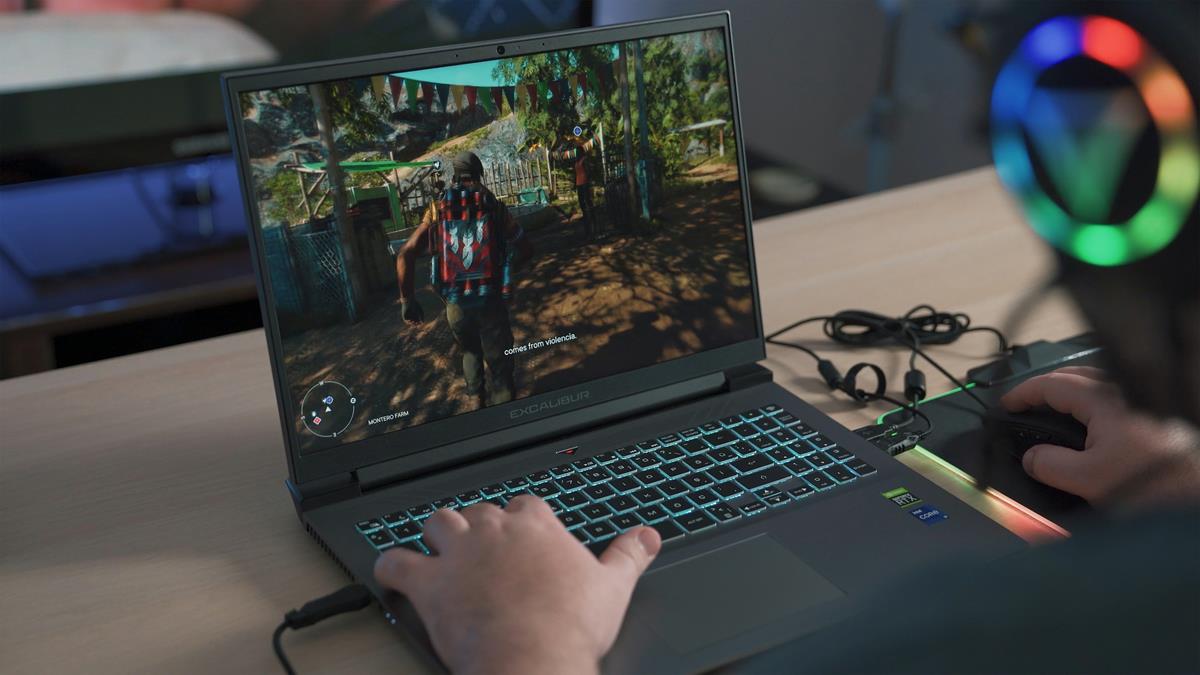




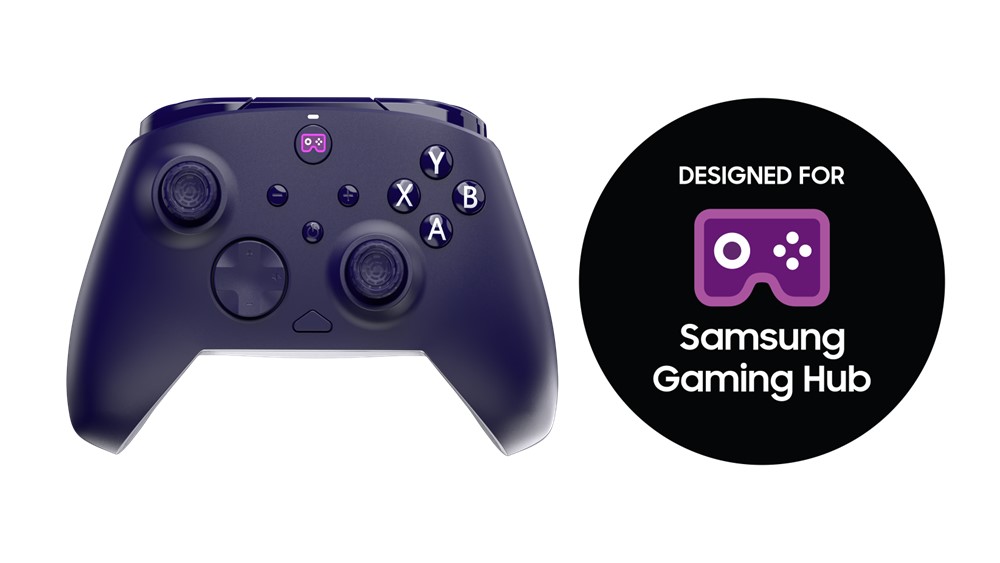

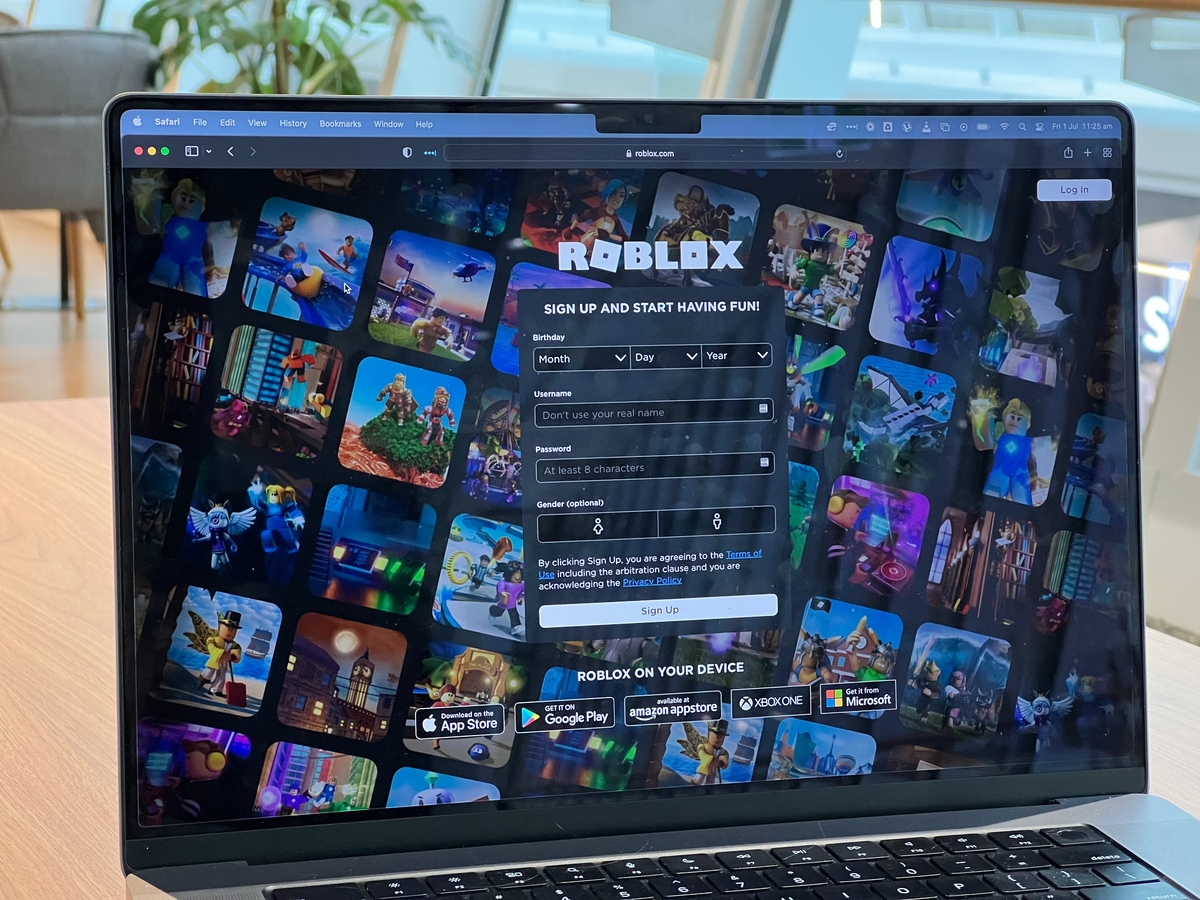
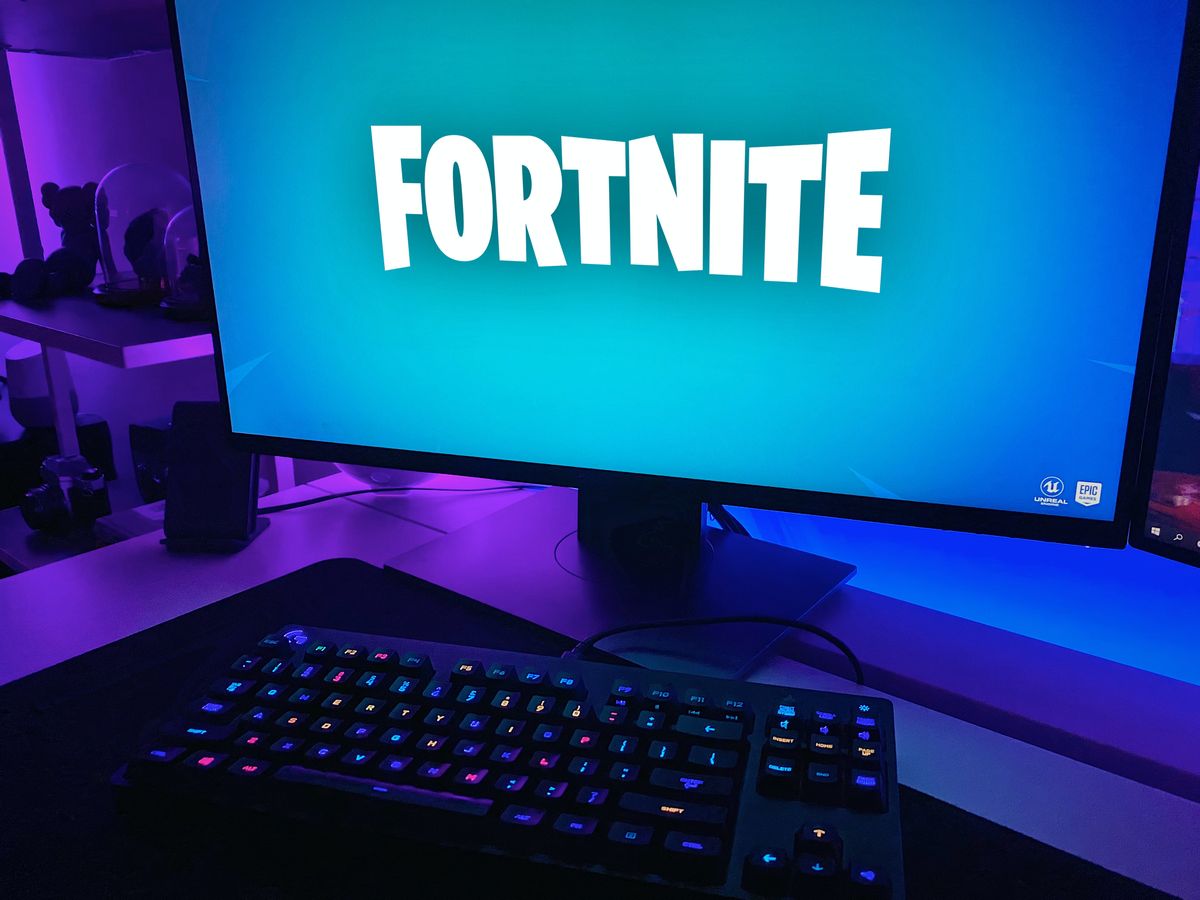
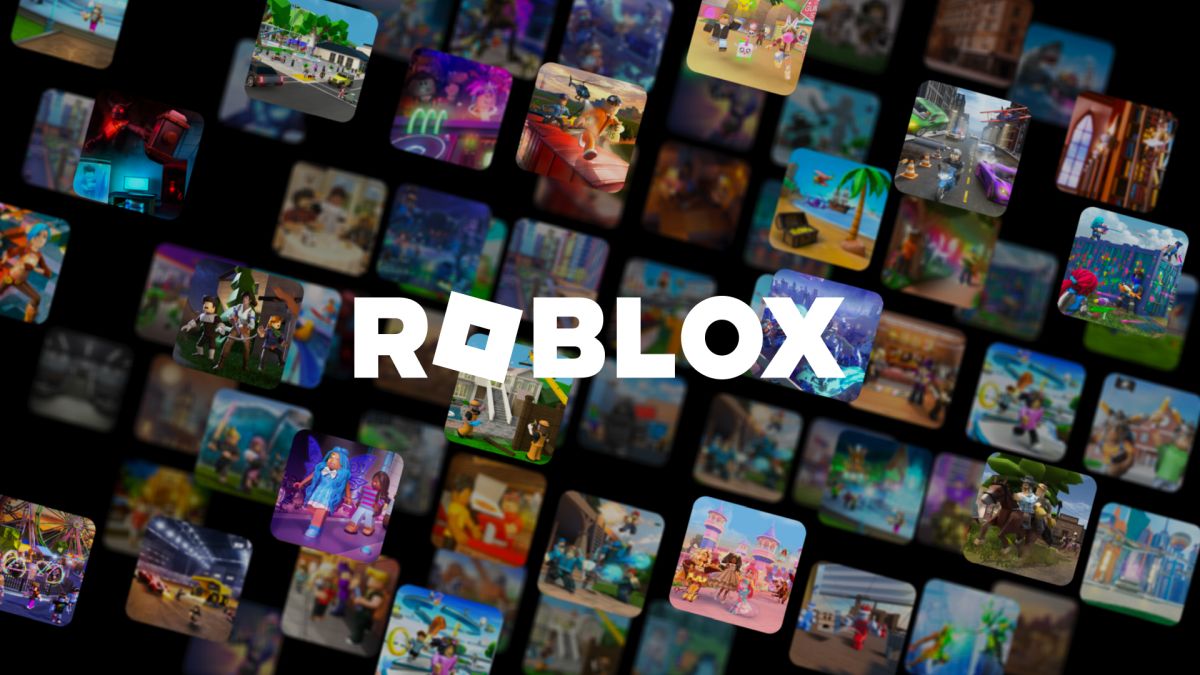











I Wouldn’t believe a word ESRB says. This is just another government overreach to increase surveillance. “They can and just because the say they wont doesn’t mean they wont”. And of course, there will be a hack and all that bio data will be dumped on the web (probably by ESRB themselves).
If a parent wants to let their kid play a game, that’s their choice. As much as I might be concerned if my kids had access to games with objectionable content (and I’m not defining what objectionable is as it is different for each parent), then that’s on me. I don’t need some invasive pro-surveillance government group telling me how to parent my kids.
ESRB ratings are “advisory”, not laws.
go away and do something useful ESRB!
Talk about hypocrisy. For some things they want kids to be making their own choices from ridiculously young ages, some even without parental consent, but now they want to scan your face to see if you’re too young to play a stupid game? Get a life!
They can shove their anti consumer and anti privacy ideas up theirs. These fools justt need to justify their jobs by coming up with idiotic ideas by the year …
here’s the thing. it doesn’t actually give a toss if it’s the parent. it just scans for an adult face. which basically means it’s not parental consent.
SuperAwesome = “Tools for COPPA/GDPR-K parental consent management and verification.”
Yoti = “Yoti is certified to meet the requirements of ISO/IEC 27001, the global gold standard for information security management.”
Typo = “It is available worldwide, expect for the U.S. and South Korea.” [except]
Hard to believe, “parental consent” must be properly obtained before “purchasing and/or downloading restrictively rated video games.”
As the global culture of respect and non-violence continues to crumble, “parental consent” seems a superfluous term. Armed teens and violent, senseless “beat downs” and murders continue rising like Celsius degrees. The recent beating in Cleveland, OH is a good example.
Years ago, perhaps, teens sat around playing “violent” video games; now they’ve found the “real thing” to provide an infinitely greater rush of dopamine, adrenaline, noradrenaline, and serotonin than any “game” ever provided.
Honestly, which parent is going to willingly provide a “facial” image of him/herself to some well-meaning entity?
Which teen is that technologically ignorant to even ask for “consent”?
“As the global culture of respect and non-violence continues to crumble” that is a statement truly pulled from the furthest depths of your rear end.
Send us a digital photo of your parent and we’ll make you a halloween mask good enough to fool facial recognition software!
While I agree there is a serious lack of parental supervision by parents these days, that does not make it acceptable for corporations to do it.
I’ve stuck a piece of tape over my webcam ever since Edward Snowdon recommended doing that. Can’t remember how long ago that was.
disconnect the built-in mic while you’re at it, otherwise you haven’t done much
Gar Nicht! NIE WIEDER FASCHISMUS!!!
Ahem…people do not understand the need for anonymity and how, strangely enough, it protects us from overbearing governments. It is the first step to the tyranny going on in China in their “social credit” program.
No thank you. “Live free or die” is not a mere slogan. It was born out of the experience of the extremes of authoritarian oppression. The long arc of humanity does not lean toward Liberty and freedom; quite the opposite – historically tyranny has been the norm. Do not give these guys the tools to start a new, and perhaps interminable, 4th Reich.